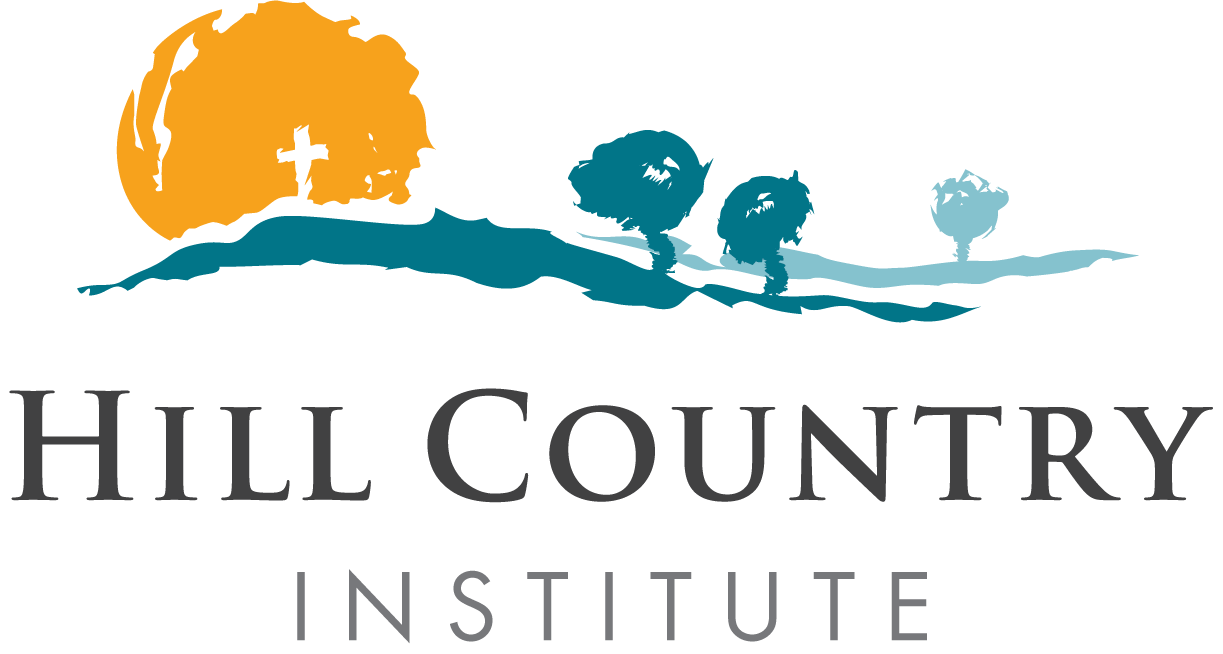The question of the reliability of science in today's environment is considered. Questions to be considered include: 1) How does the pressure of obtaining funding impact the reliability of the scientific enterprise? And 2) How does political pressure work to impact reporting of scientific findings?
Read MoreRevelation of a testable, falsifiable, and predictive creation model that establishes the existence of the God of the Bible. Dr. Ross will discuss the origin and design of the universe and how to test a creation model against the current naturalistic model.
Read MoreRecently, several Thomists (Ed Feser, Frank Beckwith) have argued that St. Thomas Aqinas's Aristotelian philosophy is fundamentally at odds with the intelligent design movement, because Thomism conceives of God's design of the world as immanent to nature, and not based on a series of discrete interventions in a mostly autonomous material world. This attack is based both on a misunderstanding of the nature of an Aristotelian philosophy of biology and on a misconception of the fundamental issue that is at stake in the ID/Darwinian debate. Darwinists propose that chance plays an indispensable role in the formation of all living kinds. Thomists must utterly reject the notion that biological form could arise from chance processes.
Read MoreAn overview of approaches to interpreting the first three chapters of Genesis with application to the faith and science dialogue.
Read MoreAn examination of the structure, origin, and history of life from an Old Earth Creationist's perspective. The fundamental organization of life at a biochemical level, the discontinuities in the history of life associated with biological innovation, and the correspondence between the creation accounts and the record of nature indicate that the Creator is responsible for life.
Read MoreThis presentation looks at some of the challenges posed by the sciences for faith and how we might respond to them. Particular attention is paid to the way the New Atheism uses science as a weapon against religious belief. Finally, it is argued that we need to regain confidence in our ability to engage the sciences and use them as a gateway for faith.
Read MoreThe history of the alleged conflict is based on claims by science that is outside their domain and often claims by Christians which are a reflection of their interpretation of scripture. The possibility of abuse is present on both sides of the debate. A review of the history from the 1870s to the present will present examples of what should be avoided. Concerns with distortions in science for funding and political correctness will be reviewed and a positive approach for the interaction of faith and science will be offered.
Read More







